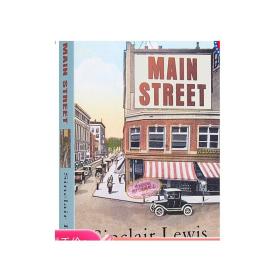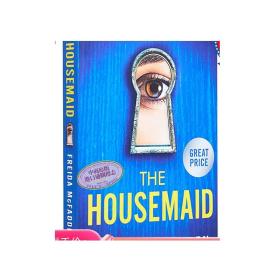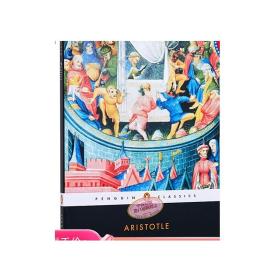
预售 英文原版 耐克新书 Nike Apparel-Look Good, Feel Good, Play Good 12月出版 出版后约3-4个月到货
¥ 405 全新
仅1件
作者Maisie Skidmore
出版社Phaidon Press
ISBN9781838669072
出版时间2024-10
装帧精装
货号9781838669072
上书时间2024-09-05
- 最新上架
商品详情
- 品相描述:全新
- 商品描述
-
The first book to chart a visual history of women’s sportswear, and the key role that Nike has played in it over the last 50 years
This is a book about Nike sportswear and what it means to women. The garments women wear, and why they wear them. It’s about athletes, from the elite to the aspiring amateur, running marathons or running errands. It’s about the spaces we perform in, and the way we use clothing to do it: from the track and the fitness studio, to an online world and the street outside.
Look Good, Feel Good, Play Good visualizes the relationship between women and the garments they wear through five design archetypes from sporting history: warm-ups, jerseys, leggings, sport bras, and shorts. Steeped in narrative, history, and Nike’s abundant archive, the book’s rich imagery spans reproductions of Nike’s trade catalogues that date back to the early 1980s, period and contemporary photography, sketches, advertisements, fabric swatches, seasonal color palettes, original design proposals and patents, logos, product and campaign shots, and everything in between.
Each chapter features interviews with Nike athletes, trainers, and other collaborators, along with insightful texts from cultural commentators. Across more than 350 pages and 575 images, this unprecedented volume not only maps the development of women’s sports apparel but proves its potential, in whatever context, to make athletes who identify as women feel at their most powerful.
Featuring contributions from: Dina Asher-Smith, Scout Bassett, Joan Benoit Samuelson, Sue Bird, Deyna Castellanos, Chandra Cheeseborough, Anna Cockrell, Shelly-Ann Fraser-Pryce, Kirsty Godso, Xochilt Hoover, Rayssa Leal, Tatyana Mcfadden, Naomi Osaka, Megan Rapinoe, Sha’carri Richardson, Caster Semenya, and Dawn Staley.
Featuring essays by: Dal Chodha, the Editor-in-Chief of Archivist Addendum; Michelle Millar Fisher, the Wornick Curator of Contemporary Decorative Arts at the Museum of Fine Arts, Boston; Heather Radke, an essayist, journalist, and contributing editor, and reporter at Radiolab; Samantha N. Sheppard, an Associate Professor of Cinema and Media Studies at Cornell University; and Natalie E. Wright, a historian of design and disability.
相关推荐
-

耐克效应 英文原版 The Nike Effect
九五品广州
¥ 121.00
-
![预售 [英文原版]Mencius孟子](https://www0.kfzimg.com/sw/kfz-cos/kfzimg/10910820/c74e85d50d9091cc_s.jpg)
预售 [英文原版]Mencius孟子
九五品吉安
¥ 96.40
-

预售 大街 英文原版 Bantam Classics: Main Street
九五品吉安
¥ 35.20
-

Victims【纽约女探,多萝西·尤耐克,英文原版,精装毛边本】
九品广州
¥ 96.00
-

耐克SB Nike SB The Dunk Book 扣篮 英文原版球鞋设计画册
九五品北京
¥ 328.00
-

预售 女仆 英文原版 The House maid Freida Mc Fadden
九五品吉安
¥ 115.60
-

预售 亚里士多德:诗学 英文原版 Poetics Aristotle
九五品吉安
¥ 91.60
-
![预售 [英文原版]Howards End (Penguin English Library) 企鹅出版](https://www0.kfzimg.com/sw/kfz-cos/kfzimg/10910820/aa5e6cce6629e8de_s.jpg)
预售 [英文原版]Howards End (Penguin English Library) 企鹅出版
九五品吉安
¥ 58.00
-

英文原版;新时代1952.15
八品上海
¥ 5.00
-

英文原版;新时代1952.18
八品上海
¥ 5.00
— 没有更多了 —





















以下为对购买帮助不大的评价